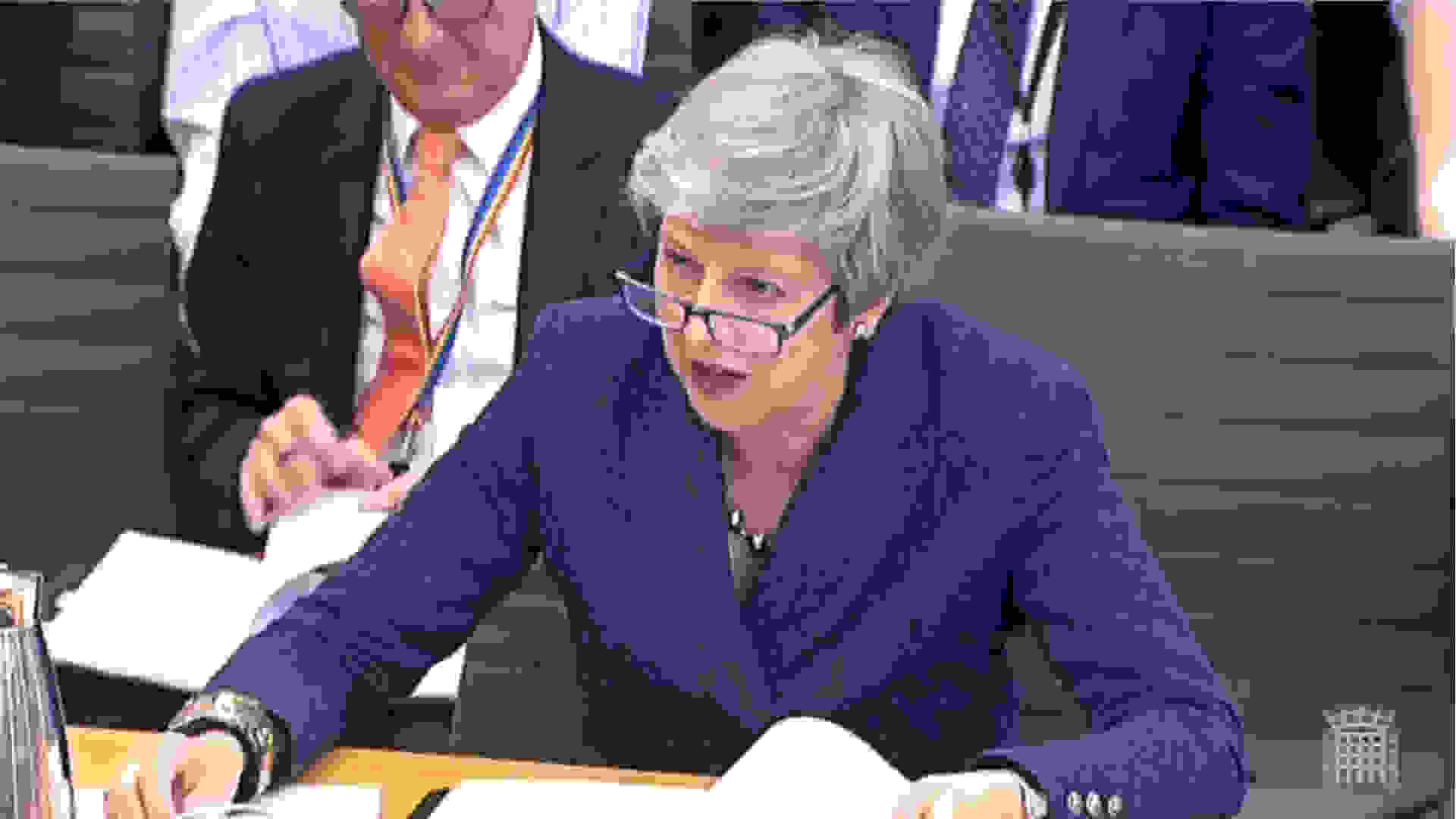News / Parliament Matters Bulletin: What’s coming up in Parliament this week? 24-28 March 2025
Chancellor Rachel Reeves will deliver the Spring Statement on the public finances. MPs will debate the new Planning and Infrastructure Bill for the first time. The Committee scrutinising the assisted dying bill is expected to conclude its work. Ping-pong will continue between the two Houses on the National Insurance Contributions, Non-Domestic Rating, Great British Energy, and Terrorism (Protection of Premises) Bills. The House of Lords will continue considering amendments to the Bill abolishing hereditary peers. Both Houses will hold debates, and the Home Affairs Committee will take evidence, marking the tenth anniversary of the Modern Slavery Act.



